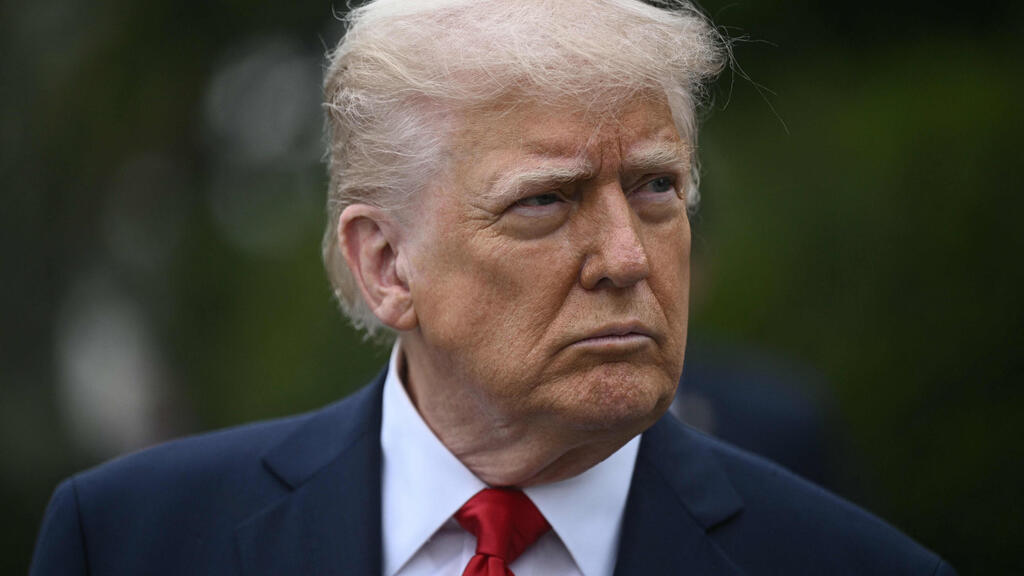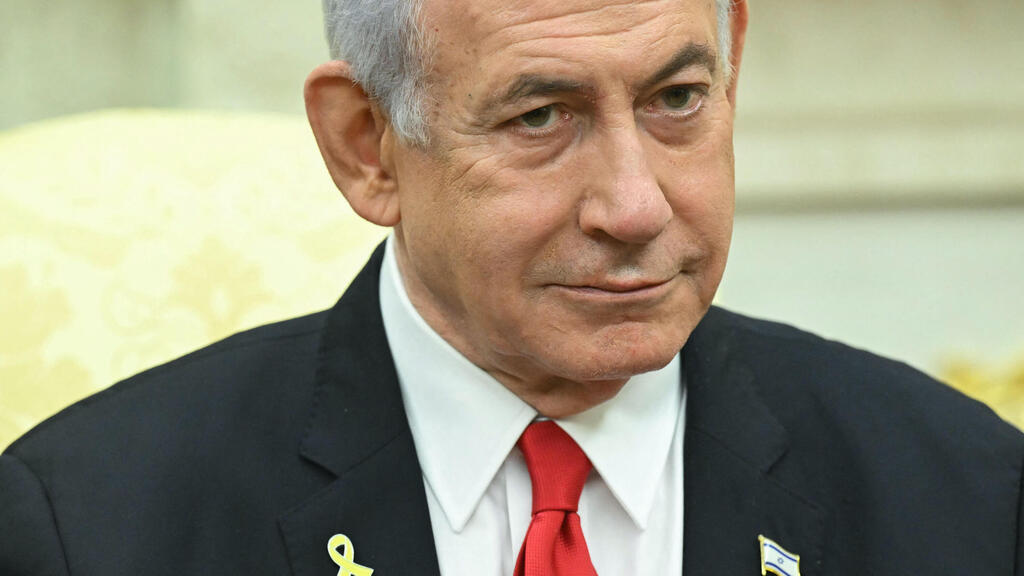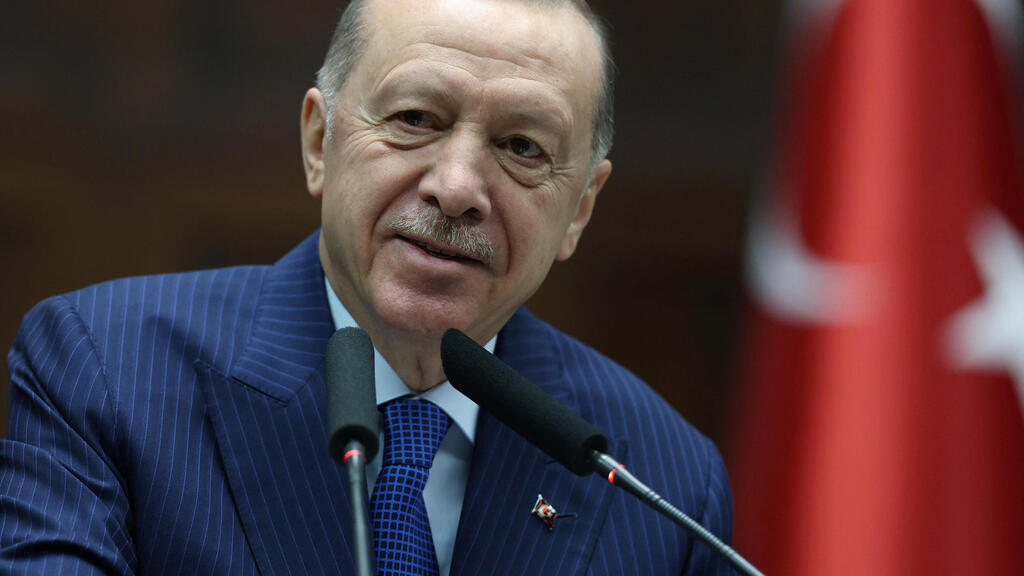The recent developments in the direct negotiations between the United States and Iran are a reflection of Israel's failed foreign policy. Iran, Saudi Arabia, Turkey and Egypt have all taken precedence over Israel and are in direct talks with U.S. President Donald Trump, while maintaining close relations with his main rival, China.
Officials in Jerusalem must not only have "reasonable demands," as Trump had demanded of Netanyahu in regard to Turkey's President Recep Tayyip Erdoğan but also realize and accept the strategic, economic and security costs of Israel losing its special position in D.C. and that if they do not come up with a new strategy to preserve or even advance Israel's special status in the U.S, It would be demoted to secondary in importance in the Middle East.
Saudi Arabia has become a significant factor in the Russia-Ukraine talks, hosting peace negotiations in Jeddah and has forged an independent diplomatic path to Iran in the warming relations and high-level visits.
Crown Prince Mohammed Bin Salman (MBS), at the same time, appears to be backing away from the option of normalizing ties with Israel and is attempting to reach a bilateral agreement with Washington that would include a nuclear program "for civilian purposes."
Turkey under Erdogan has resumed their intimate friendship with Trump despite Ankara's dispute with the European nations over the arrest of his political rival, Istanbul Mayor Ekrem İmamoğlu.
The warmth from the White House toward Turkey, was especially evident during the meeting of Turkey's Foreign Minister Hakan Fidan with senior members of Hamas who demanded that he use his ties to advance Hamas interests in the United States and bring about an end to the war in Gaza.
Egyptian President Abdel Fatah al-Sisi, despite his severe economic and political challenges, managed to stabilize his relations with the U.S. and maintain an open line of communications with the Trump administration at the same time that he has been holding joint military drills with China.
Until less than a decade ago, a brief moment in geopolitical terms, all routes to Washington passed through Jerusalem. Before the Hamas massacre of October 7, Israel was on the cusp of a normalization deal with the Saudis, according to the foreign minister in Riyadh, that would have included a regional defense pact. The assassination of journalist Jamal Khashoggi caused some distance in Saudi-American relations, the Arab spring weakened Egypt's position in Washington and Erdogan, who had considered purchasing aerial defense systems from Russia in opposition to the U.S., was denied access to American F-35s while U.S. troops were to remain deployed in Syria. Finally, America's energy independence and its position as a major oil exporter eroded any leverage that the Gulf nations may have had to dictate policies.
Decades of intimate Israeli-American relations enabled Israel to be positioned as a brave partner with shared values that could pave the way for others to the White House, where they could be heard.
Academic, technological and civilian cooperation thrived in the past 15 years, as evident in the establishment of research and development centers for America's major tech companies, the number of Israeli start-ups on Wall Street and acquisitions of Israeli companies by American giants such as Google, Mellanox and Nvidia.
 Jonathan Adiri
Jonathan AdiriAt the same time, the American military aid package to Israel grew and the IDF was put under the purview of the U.S. Central Command, or CENTCOM, and connected to its defensive structure that had proved its effectiveness during the Iranian attack on Israel last year. Israel also received squadrons of F-35 stealth fighter jets and other advanced weapons and cooperated in the development and production of missile defense systems, to name but a few significant outcomes of the years-long, special relations.
Get the Ynetnews app on your smartphone: Google Play: https://bit.ly/4eJ37pE | Apple App Store: https://bit.ly/3ZL7iNv
The seven fronts Israel has been fighting since the October 7 massacre and the ensuing war have created a new reality and require new means to face it. The main instigator of change in the American view stems from its refusal to continue to see Israel as the sole partner in a hostile region.
Israeli leaders adopted a vision limited to defeating any security threat and preventing Iran from obtaining nuclear capabilities, rather than formulating a vision of the best possible future while addressing regional rivals through smart policy decisions.




